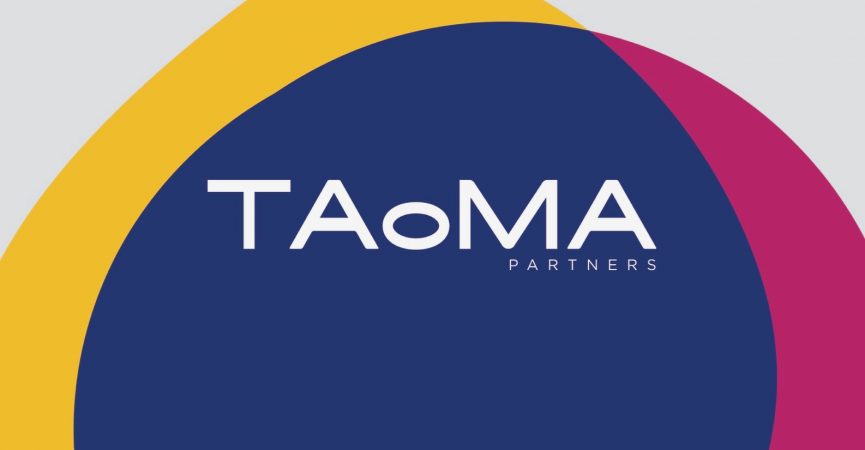
ECJ’s « Sky » decision: a whistle in the wind?
Failing to force holders to restrict the goods/products designated by their trademarks, is the ECJ whistling in the wind?
The British satellite and cable television operator Sky, who holds several eponymous trademarks, took legal action, in the United Kingdom, for infringement of those trademarks against the Cloud service provider SkyKick, who had registered the trademark “Skykick” and variations thereof. The startup counterclaimed that the registration of the trademarks relied on by Sky was wholly or partially invalid on the grounds that (i) the lists of goods and services in respect of which the trademarks were registered lacked clarity and precision and (ii) the applications for registration had been filed in bad faith. Indeed, the trademarks had been filed to protect “software”, “communication systems” and “television” services, when in reality only one activity was considered: the sale of a satellite pay-TV package.
From a strategic point of view, the stakes of this case are essential since it deals with a major issue in trademark legislation. It is indeed important, when applying for a trademark, to have a forward-looking vision and to consider whether new products/services could be marketed under this sign. However, this logic must not lead to the monopolization of signs for a very broad list of goods and services when their owners have no intention of using the aforementioned signs for all of them.
The High Court of Justice (England and Wales), before which the proceedings were brought, decided to stay the proceedings and to refer a number of questions to the European Court of Justice (ECJ) for a preliminary ruling.
- Lack of clarity and precision of goods and services for which the trademark is registered: an absolute ground for invalidity?
As a reminder, in 2012[1], the ECJ delivered a resounding judgment[1] in which it ruled that an applicant for a trademark must designate the goods and services for which protection is sought with sufficient clarity and precision, failing which the application must be dismissed.
SkyKick attempted to extend this logic to registered trademarks, but the Court held that a trademark of the European Union or a national trademark “cannot be declared wholly or partially invalid on the ground that terms used to designate the goods and services in respect of which that trade mark was registered lack clarity and precision“, since this requirement is not part of the exhaustive list of absolute grounds for invalidity provided for in the texts.
- Overly broad range of good and services at the time of application: ground for invalidity based on bad faith?
While a trademark may be declared invalid if the applicant was acting in bad faith when submitting the application, this notion is not defined by the texts.
The European judges had already had the occasion to offer some possible interpretations, holding that bad faith is established when it is apparent from relevant and concordant indicia that the proprietor of a trademark has filed the application for registration not with the aim of engaging fairly in competition, but with the intention of undermining , in a manner inconsistent with honest practices, the interests of third parties, or with the intention of obtaining, without even targeting a specific third party in particular, an exclusive right for purposes other than those falling within the functions of a trademark, in particular the essential function of indication of origin[2] (see our TAoMA News of November 4, 2019).
With regard, more specifically, to the registration of a trademark without any intention of using it for the goods and services covered by the registration, the ECJ considered that it is likely to constitute an act of bad faith, which may affect all of the goods and services covered by the registration or only some of them. However, such bad faith can only be established if there are objective indications that the applicant intended to harm the interests of third parties in a manner contrary to honest practices or to obtain an exclusive right for purposes other than those falling within the functions of a trademark at the time of filing.
Finally, the ECJ declares that EU law does not preclude a provision of national law from requiring an applicant for registration of a trademark to state that this trademark is used in connection with the registered goods and services, or that he has a bona fide intention to do so, n so far as the infringement of such an obligation does not constitute, in itself, a ground for invalidity of a trade mark already registered.
Although this decision is a first step towards cleaning up the registers of European offices, which are cluttered with unused trademarks, it does not mark the 180° shift that some had expected and endorses a kind of status quo of the current trademark system under EU law, leaving a heavy burden on third parties to challenge the good faith of an owner.
If the recent Trademark Package – and its implementation into French law – does not directly address this issue, the single fee for trademark registration (the cost of which did not vary between one and three classes) it introduced could be an incentive for applicants to think twice before registering their trademarks for too many goods and services.
Date and reference: European Court of justice, January 29th 2020, decision C‑371/18
Read the decision on Curia
Synthia TIENTCHEU TCHEUKO
Trainee-Lawyer
Anita DELAAGE
Lawyer
[1] ECJ, june 19th 2012, C-307/10 « Chartered Institute of Patent Attorneys » known as IP Translator decision
[2] ECJ, september 12th 2019, C-104/18 « Koton Mağazacilik Tekstil Sanayi ve Ticaret/EUIPO »